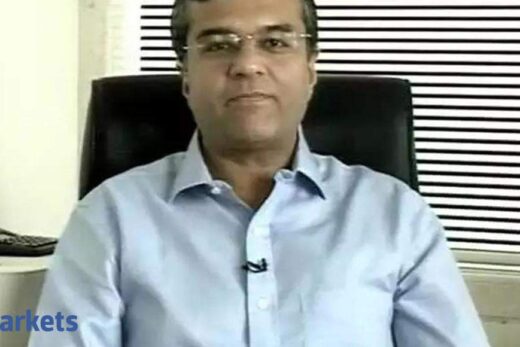The capital markets regulator is probing whether these employees traded in shares of the group’s arms ahead of promoters or holding companies increasing stakes in them.
At least eight to ten listed entities are learnt to have received these queries from Sebi, said the two people privy to the matter. ET could not ascertain the names of the companies and the period of the transactions that the regulator is looking at. An email query sent to Sebi remained unanswered.
When promoters or large shareholders raise their holdings in a company, it is seen as a sign of confidence in the firm’s prospects. Shares of such companies surge in this event. Amid the recent stock market rally, promoters of several companies have raised their stakes.
Under the prevention of insider trading rules, every company is required to maintain a database of its top executives and third-party contractors, who may have access to price-sensitive information. However, if a listed entity belongs to a large business conglomerate, there are executives other than the board members of the listed arm with access to price-sensitive information.

The regulator’s probe is looking at the trading activities of such employees. Until the listed company makes a stock market announcement regarding plans of its promoter group to increase or decrease their stake, the information is unpublished pricesensitive information (UPSI). Insiders are not allowed to trade based on privileged information.
“The queries we have received are very extensive. In one case, Sebi asked for the trading details of all the employees of the holding company which owns the listed entity,” said a leading securities lawyer, whose client received such a notice. “They asked for the trading data of employees in the three months leading up to the announcement of increasing stake.”
In large group companies, the promoter company or parent entity gets a say in key decisions that the listed company wants to undertake.
According to the lawyer quoted above, a listed entity, under insider trading rules, needs to maintain a record of people who had access to the information. “In such cases, the decision itself is taken by the holding company and this exchange of information is not covered in the database of insider trading.”
Another lawyer whose clients have received such queries cites an instance of a large group having multiple listed companies as subsidiaries.
“Sebi asked for trading data of top executives of a group company who have no direct links to the concerned entity except for the fact that both the companies are owned by the same promoter group,” he said.



